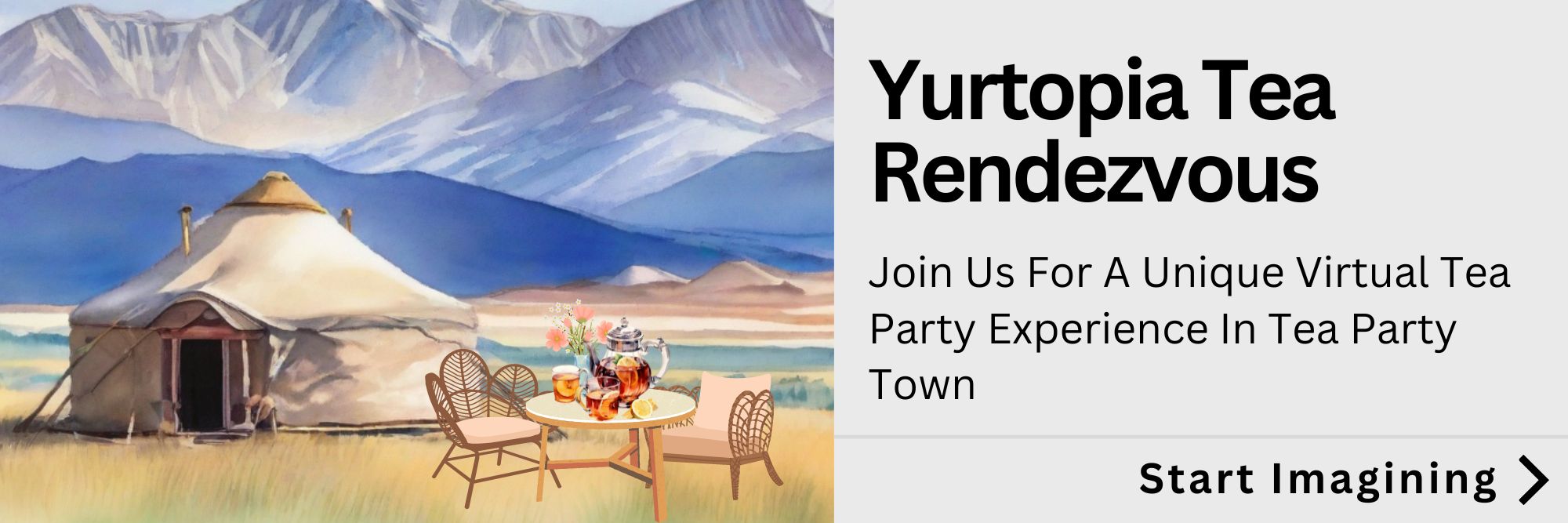Don't miss your chance to invest in 'Fabiola'!
Visit our crowd-funding page for our new production, "Fabiola"!
- Home
- Outlaws of Ravenhurst The Movie
- Scottish Party
Celebrate in Style: A Thrilling Scottish Party with Highland Games, Music, and Traditions
Disclaimer: As an Amazon Associate, I receive a small commission if you purchase items on this page at no extra cost to you.
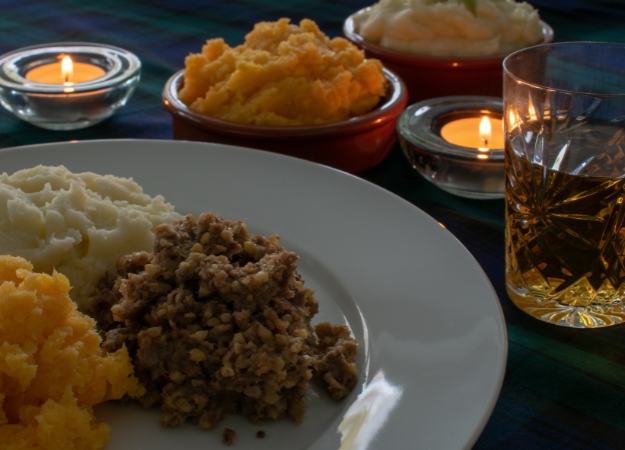
When the desire to host a lively, spirited event arises, few themes can match the energy of a Scottish party combined with the excitement of Highland games. Whether it’s a birthday, a holiday, or simply an evening of celebration, these gatherings offer a rich mix of culture, history, and fun. This fusion of Scottish traditions delivers a fantastic atmosphere, making for an unforgettable experience. From savory meals like haggis to lively performances of Scottish poetry and dance, every detail ensures guests are entertained from start to finish.
Setting the Scene: A Touch of Scotland
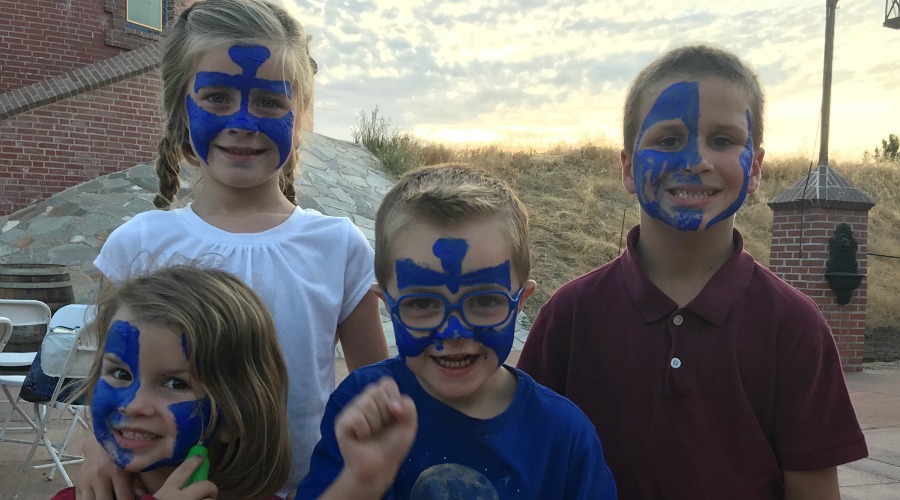
To create the right ambiance, decoration is key. Picture blue and white streamers, balloons, and plaid accents throughout the space. The traditional colors of the Scottish flag help immerse guests in the atmosphere. For an extra touch, add greenery to give it a more rustic, outdoorsy feel, reflecting the rugged beauty of Scotland’s highlands.
One of the first things guests notice is their attire. Encourage everyone to dress in tartans, kilts, or plaid. For a fun twist, consider offering a prize for the best-dressed clan. As guests arrive, begin the celebration with some Braveheart face painting to help them channel their inner Scots. The vibrant blue paint paired with a fierce spirit will make everyone feel like true warriors.
Food: A Taste of Scotland
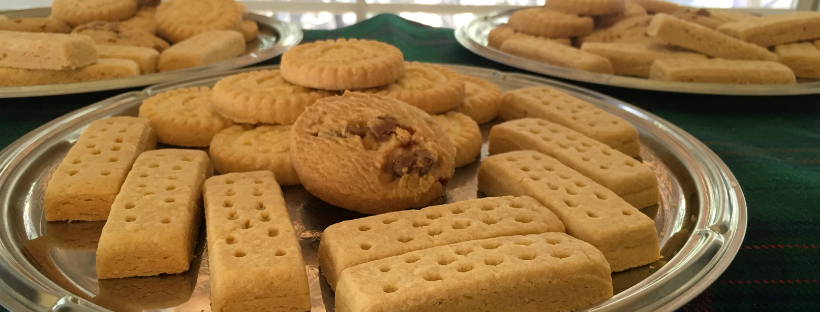
Of course, no Scottish-themed party would be complete without a hearty meal. The star of the show is undoubtedly the haggis—either homemade or bought in a can and served with crackers for a simpler option. For those seeking a lighter fare, roasted lamb with a rich milk-based gravy is a perfect alternative. Paired with neeps and tatties (turnips and mashed potatoes), this traditional Scottish dish makes the meal feel authentic and satisfying. If time is short, a simple dessert of vanilla ice cream with Walkers shortbread will round out the feast.
Roasted Lamb with Neeps & Tatties
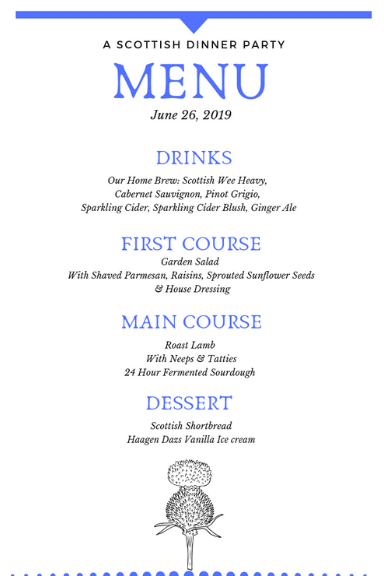
- Set your oven to 400°F, rub the lamb roast with butter, salt, pepper, and any spices you desire.
- Roast for 2.5-3 hours, lowering the oven temperature to 300°F once the lamb is in.
- Use the lamb drippings to create a milk-based gravy. For a gluten-free option, use coconut flour.
- Serve with the ever-popular neeps and tatties (turnips and potatoes).
Neeps Recipe: Layer peeled and sliced turnips, cooked bacon, and onions in a saucepan. Let it simmer for hours, occasionally shaking to ensure even cooking.
Tatties Recipe: Boil the potatoes until soft, then mash with equal parts butter and sour cream. Add salt, pepper, and broth as needed for consistency.
Give It A Burns Supper Flare - Music, Poetry, and Dance: The Heart of the Party
Once the meal is served, it's time for the entertainment to take center stage. Traditional Scottish music brings the evening to life, and guests should be encouraged to sing along or even perform. Some favorites include:
- Scotland the Brave
- Flower of Scotland
- Auld Lang Syne
- Loch Lomond
In between songs, reciting the famous poems of the Bard of Scotland adds to the cultural richness of the night. The Address to a Haggis is a must, as it honors the meal in the most playful and poetic way. Other poems by Robert Burns, like The Banks of Ayr and A Man’s a Man, offer moments of reflection and entertainment.
Dance is an integral part of Scottish celebrations. A lively round of Scottish polka or simple jigs will get everyone on their feet. Even those unfamiliar with the steps can join in the fun—dancing is about enjoying the moment, not perfection. Whether it’s a spontaneous jig or a well-practiced routine, dancing brings everyone together in joyful celebration.
Highland Games: Competitive Fun Alternative
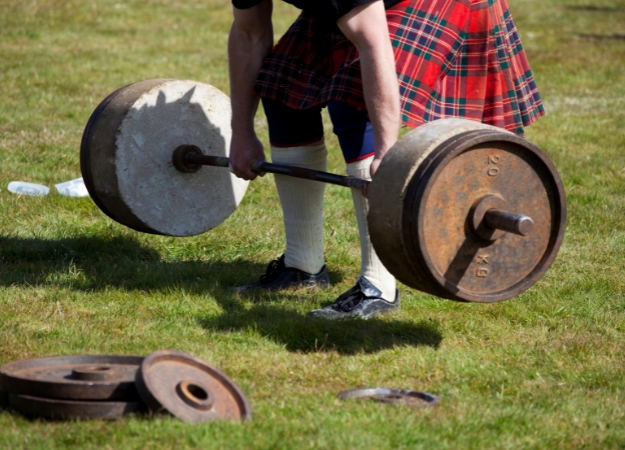
Don't like the event dragging out to the wee hours? Host a Scottish party earlier in the day with a Highland Games spin. These traditional athletic events bring out the best in strength, skill, and a little friendly rivalry. Some classic events include:
- Caber Toss: The goal is to throw a large pole end over end. For a family-friendly twist, substitute a smaller, lighter pole for children and guests of all ages.
- Hammer Throw: Using a rubber mallet instead of a heavy hammer, participants aim to throw the mallet the farthest.
- Weight Throw: Using a heavy object (like a cast-iron piece), competitors try to throw it as far as possible.
- Sheaf Toss: Participants use a pitchfork to toss a burlap sack filled with straw over a stick, competing to see who can throw it the highest.
These games bring out the competitive spirit while keeping things lighthearted. And of course, any of the activities can be adapted for younger participants or those less familiar with the original events.
Crafting a Competitive Atmosphere: Arts and Activities
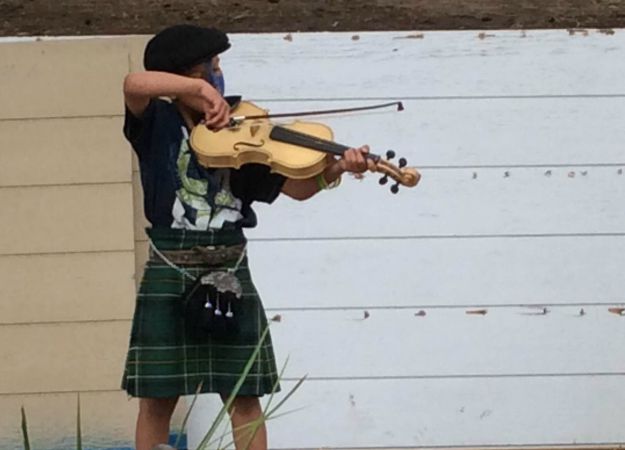
A Highland Games party is not only about athletics but also about celebrating Scotland’s artistic achievements. To add a creative flair to your event, consider a craft competition, where guests bring their own handmade creations. These can be anything from Celtic-inspired crafts to traditional Scottish art.
For a lively addition, incorporate performances in the arts—whether through music, singing, or dancing. Instrumental talents like drumming, fiddling, or bagpipes always add to the atmosphere. For those who enjoy singing, popular Celtic songs like Danny Boy or You Raise Me Up are sure to be crowd-pleasers.
Wrapping Up the Celebration: A Toast to Scotland
As the evening winds down, don’t forget the final, celebratory moments. Toast to Scotland with a dram of Scotch or a cup of sparkling cider. If the weather permits, gather around a campfire to share stories, songs, and laughter. After a day of Highland games, poetry, and dance, everyone will have memories to last a lifetime.
Hosting a Scottish party with Highland games creates a rich and immersive experience for guests of all ages. It’s a perfect blend of culture, competition, and celebration that can be enjoyed year-round. From savory food to spirited performances, every element of the evening ensures a fun, lively, and memorable time. So, gather your clan, prepare your haggis, and get ready for an unforgettable Scottish celebration!
Although this party is perfect for a small group, it also works really well for very large celebrations: family reunions, anniversaries, weddings, graduation parties, and milestone birthdays. We threw a Scottish party to celebrate our Outlaws of Ravenhurst Premiere.
Got questions about planning your ultimate Scottish Party? We're here to help! Whether you're curious about hosting Highland Games, picking the perfect Scottish tunes, or adding a touch of tradition with haggis and poetry, chat with us now for personalized tips and ideas. Let's make your event unforgettable!
By becoming an Industrious Family Films Sponsor you directly support the movement which is rebuilding Christian art.
I'd like to advertise with Industrious Family.
Subscribe To Our FREE Email Newsletter:
Awards:
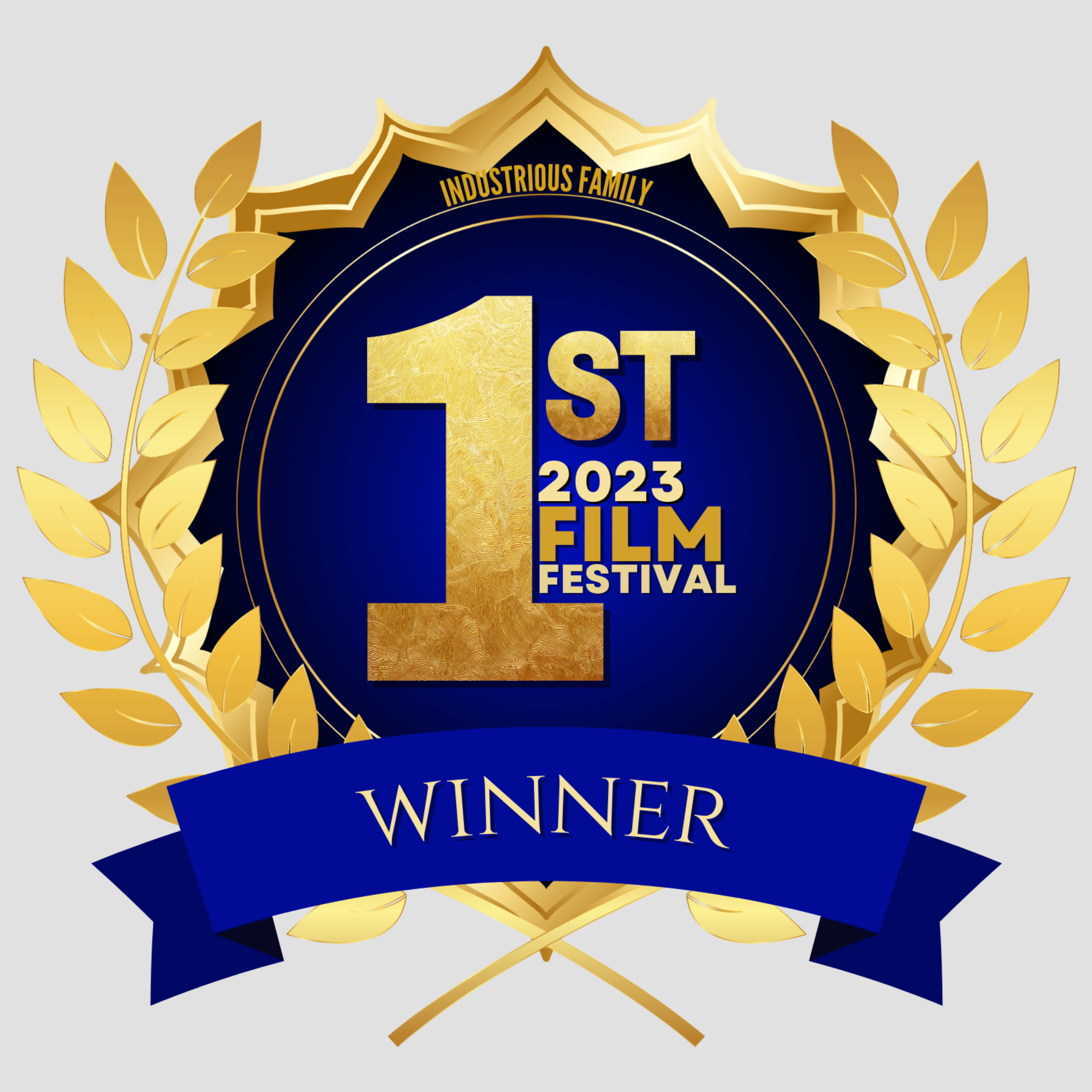
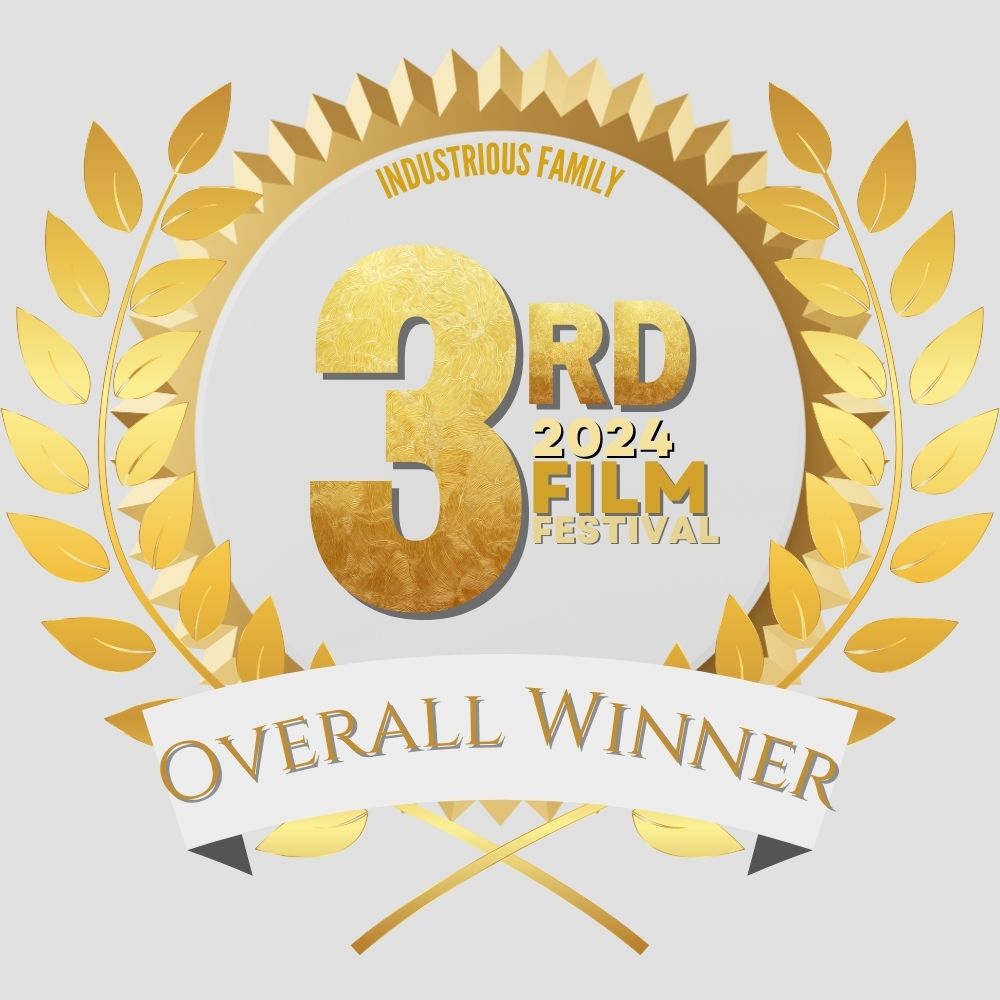
#RebuildChristianArt Blog
An aid for families encouraging the reconstruction of the social fabric by sparking interest in Christian art and culture. Find beautiful novels, films, music, food and customs.
What's New At The Studio
-
A Post-Apocalyptic Tale with Halloween Vibes: "The EDEN Project"
Oct 15, 25 11:53 AM
-
Finding the Perfect Location—In the Pages of a Magazine
Oct 14, 25 11:35 AM
-
Celebrate All Saints’ Day with Inspiring Catholic Films
Oct 13, 25 02:14 PM




